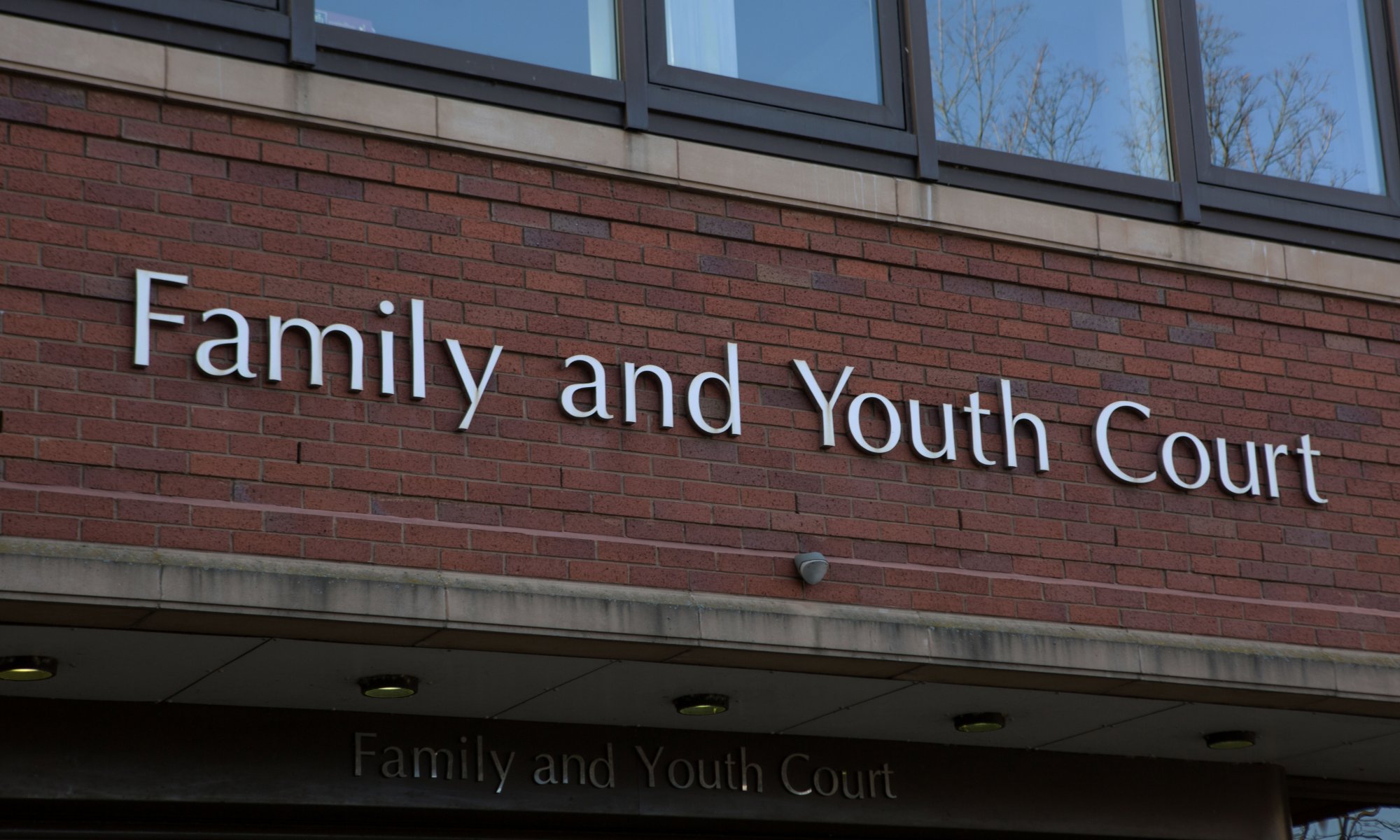Taking a family case to court is obviously a very serious step, which should only be taken after the most careful consideration.
But what exactly are the factors that influence a court user’s decision to take a case to court?
A recent study commissioned by the Ministry of Justice sought to find the answers.
The study was carried out by the market research organisation Ipsos UK. It comprised interviews with a small group of civil and family court users whose cases had concluded since 2019.
The research objectives included exploring how emotional and financial factors influenced decisions to go to court, how awareness of and ability to manage the court process influenced decisions, and how financial considerations influenced decisions.
The study also looked at court user’s perceptions and experience of the court process.
The research found that emotional motivations played an important role in influencing decisions to take a case to court. These motivations were typically characterised by the desire for justice, the desire for recognition about the validity of the case, desire to share their personal experience, and the desire for emotional closure on a complex issue or traumatic experience.
Many of these things will surely ring true for family court users, even if they are not necessarily good reasons to go to court.
Obviously, financial motivations in family cases would be limited to those cases involving financial claims, such as financial remedy applications on divorce, although the research found that financial motivations were often interwoven with emotional motivations, particularly where participants expressed feeling entitled to financial compensation for the mistreatment they had experienced.
Another important factor was court users’ confidence and belief in their ability to navigate court processes, with those having legal representation obviously having greater confidence.
And the cost of going to court is of course a very important factor. Clearly, advice should be sought about potential costs before commencing court proceedings, despite the research finding that many participants believed that the issue they were seeking to resolve was so important that they would have found a means by which to pay the cost regardless.
As to court user’s perceptions and experience of the court process, researchers found that experiences were mixed, although unsurprisingly participants who received legal advice or legal representation tended to have a better awareness about the court process and their perceived capability to manage it, by virtue of being represented.
However, regardless of representation status, many reported underestimating how emotionally demanding the court case would be. This can, of course be especially true of family cases.
As stated above, taking a family case to court is a very serious step. It should only be taken as a last resort, and after taking expert legal advice. We can find you an expert that works with you on our digital platform. For more information, call us on 020 3904 0506, or click here, and fill in the form.
You can read the full report here.
* * *
Family Law Cafe expedites your case and keeps you informed and in control 24/7 using our secure online portal. Family Law Cafe is your start-point for getting matters sorted with strategy, support and security.
Image: Diana Parkhouse / Shutterstock.com

